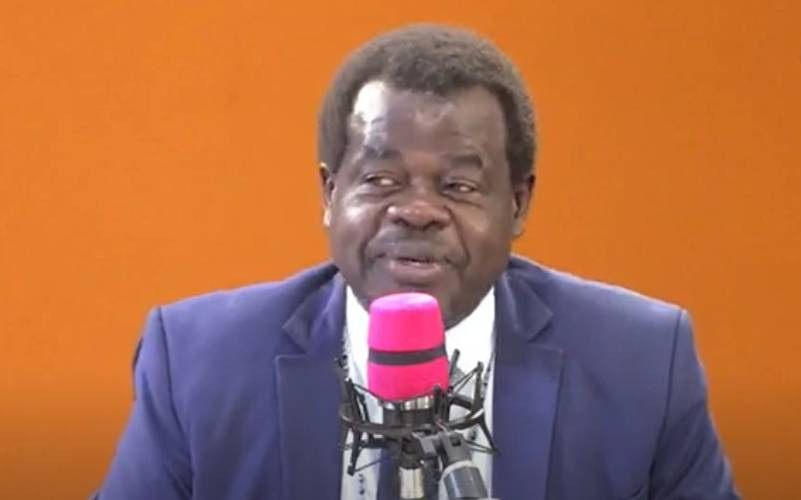Tutu Puoane has performed on many big jazz stages and has become a household name in the European jazz circuit.
She has lived in Europe for almost two decades. Puoane is back in South Africa for the first time in more than two years. Her tour started in Makhanda at the Standard Bank National Arts Festival in early July and continued in Cape Town.
At the end of the cold winter months, she is due to play with some of South Africa’s most celebrated musicians.
Education brought Puoane to the Netherlands and love kept her in Belgium. She grew up in Pretoria and attended the University of Cape Town. “My life would not be the same if
I hadn’t got the scholarship,” she says.
She landed in the Netherlands to continue her studies in jazz in The Hague and is now living and working in Antwerp with her husband, pianist Ewout Pierreux, who has been touring with her in South Africa.
“Her music is moving away from jazz; more song and message,” he interjects, as we speak about the direction of her music on a beautiful winter’s evening on the first day of her Gauteng tour.
Pierreux is also known as Ngwato, a name given to him by the audience in the Untitled Basement in Braamfontein, Johannesburg.
Nominated as one of the Mail & Guardian’s 200 young people in 2008, Puoane became my favourite young jazz singer with the album Song.
Many others followed, including Quiet Now, released in 2009, five years after she was bestowed the Standard Bank Young Artist Award in Music, almost a decade after her mentor Sibongile Khumalo received it in 1993.
She says Khumalo, who died in September last year, was one of the people she felt was the wind beneath her wings and was a big influence in her career as a singer and composer.
It is a blessing to hear Puoane on stage anywhere in the world, but it was most endearing to see her peers and followers pour into the doors of the Untitled Basement, welcoming her into the space.
Our last encounter was in 2012 at a performance in Cape Town, at another defunct live jazz monument called Mahogany Room, formerly co-owned by another fellow award winner in jazz, Kesivan Naidoo and his partners.
We first met in 2011 but it almost didn’t take place. Because of my nervousness, I went to the wrong meeting point. Almost 10 minutes before her train to Antwerp, and two hours away from Amsterdam, I ran up to her.
Puoane sat back in her chair and gave me an older sister scolding, peppered with what I can remember as a breakdown of European city to city travel dynamics — basically emphasising that timing was everything.

That’s how I ended up knowing her; I understood she was not someone to keep waiting. We now refer to each other as “Sis”, “Ausi” and “Kgaitsedi” because in African culture, wherever we meet, we are one — sisters.
In Puoane’s music, time and pace is everything. Her voice leads each song ceremoniously, always intentionally, with her whimsical notes, charismatic stories and pauses.
Her live concerts — mostly accompanied by formidable musicians and colleagues — don’t beg for encores, they are filling.
You will be led to close your eyes with Mpho, a song written as a tribute to love and her firstborn daughter, now a bubbly teenager. Sensational to watch, Puoane gets better with time.
I suspect jazz patrons are excited to recall all that she has achieved in the music industry, both here and abroad. In the midst of Covid-19 and load-shedding and many of us doubtful of having the simple pleasures in life, Puoane has held it down in Europe and has been able to cultivate a long, enriching relationship with life, love and her motherland.
As the song, Hlompho Bophelo, begins with a strong instrumental introduction by Ngwato, the room is filled with heartfelt gratitude. Puoane summons us to clap our hands and sing along.
In that surreal moment, she belts out a declaration in Sepedi, imploring us to take note of life and respect it. To remember that what goes up must come down and not everything is as it seems, and that we all have to live life.
Tutu Puoane will perform at the Walter Sisulu Botanical Gardens on 6 August along with jazz vocalist and pianist Nomfundo Xaluva and Bokang Ramatlapeng, known as Her_Own_Crown.





















Discussion about this post